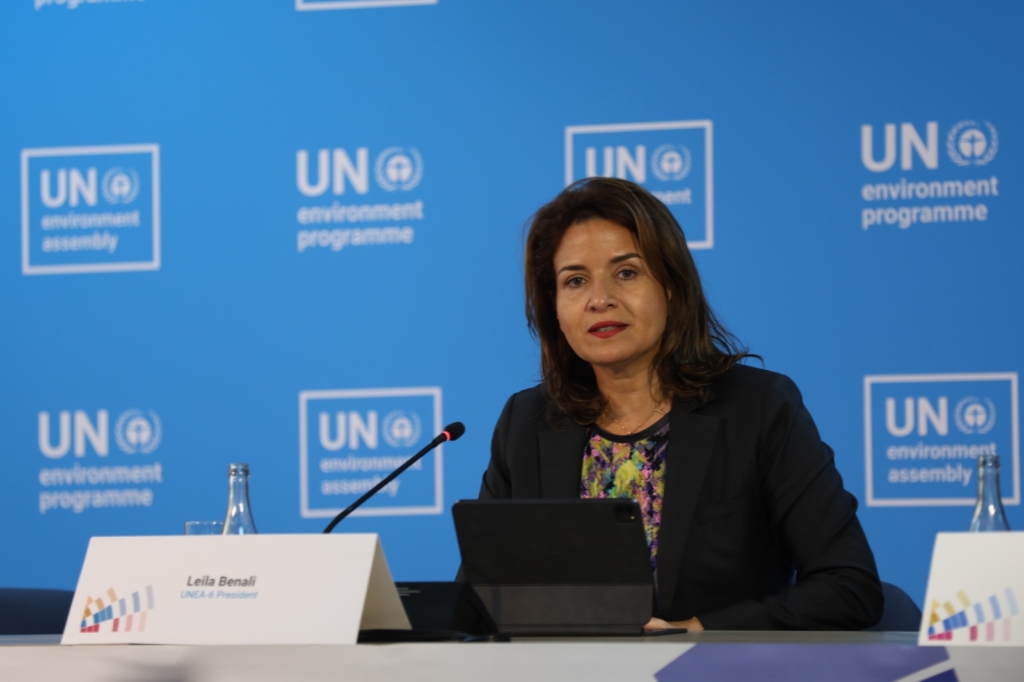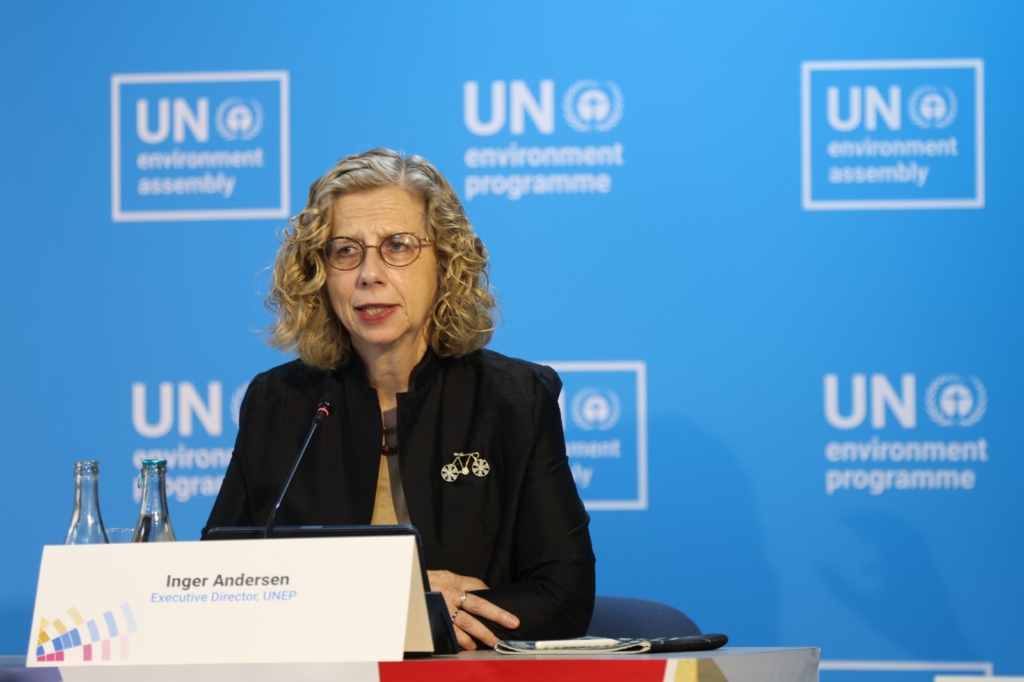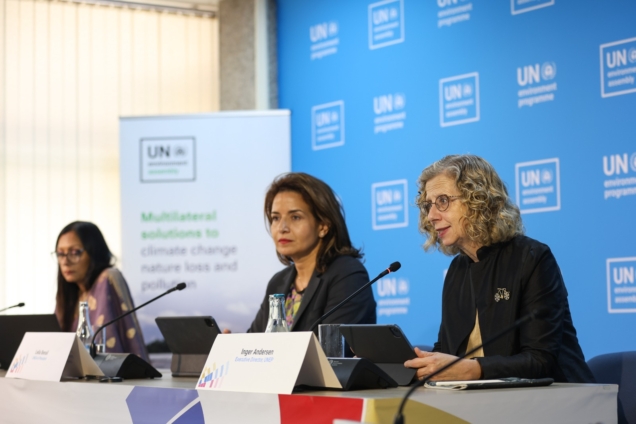Ministers of environment and leaders from over 180 nations convened in Nairobi for the commencement of the sixth session of the United Nations Environment Assembly (UNEA-6), advocating for enhanced multilateral efforts to combat the triple planetary crisis encompassing climate change, nature loss, and pollution.
This year’s Assembly agenda encompasses negotiations on various resolutions, spanning from nature-based solutions and highly hazardous pesticides to land degradation, drought, and the environmental implications of minerals and metals.
UNEA-6 intends to discuss 19 resolutions, which are a component of a larger effort to stimulate more ambitious multilateral environmental initiatives. These endeavours aim to tackle challenges such as climate change, the decline in species populations, and global pollution that leads to premature death.
The resolutions address a spectrum of issues, including the circular economy, solar radiation modification, fostering effective, inclusive, and sustainable multilateral actions toward climate justice, the prudent management of chemicals and waste, as well as strategies to tackle sand and dust storms.
President of UNEA-6 and Minister of Energy Transition and Sustainable Development for the Kingdom of Morocco, Leila Benali, emphasised that the world is currently experiencing significant upheaval, impacting numerous individuals. Therefore, it is crucial for the world’s response to show that multilateral diplomacy is capable of delivering effective solutions.

“As we meet here in 2024, we must be self-critical and work towards inclusive, networked and effective multilateralism that can make a tangible difference to people’s lives,”she stated.
Madam Benali advocates for the inclusion of voices beyond government representatives, specifically emphasising the importance of involving the youth, indigenous people, and local communities.
She highlights the significance of addressing issues related to gender and human rights, ensuring that no one is marginalised or excluded from the discussion.
“And today, and at this UN Environment Assembly, we must accelerate multilateral action to strengthen the environmental foundation of sustainable development,”she added.
The UN Environment Assembly serves as the paramount decision-making body on environmental matters globally, boasting a membership that encompasses all 193 UN Member States. Meeting biennially, it assumes the responsibility of setting priorities for worldwide environmental policies and formulating international environmental legislation. Subsequent decisions and resolutions adopted by Member States during the Assembly sessions also delineate the operational framework for the UN Environment Programme (UNEP).
Executive Director of UNEP, Inger Andersen emphasised the necessity of setting aside political differences and directing attention towards the preservation of our planet—an entity rich with biodiversity.
She underscored the urgency of elevating global perspectives towards a shared objective: paving the way for a sustainable and secure future.

“We do this by agreeing on the resolutions before UNEA-6 to boost multilateral action for today and tomorrow, and secure inter-generational justice and equity,”she said.
Cabinet Secretary for the Environment, Climate Change, and Forestry for the Republic of Kenya Soipan Tuya highlighted that the timing of UNEA-6 coincides with a crucial period where the global community is urged to expedite the execution of the UN 2030 Agenda to maintain progress towards sustainable development.
She lamented that poverty continues to persist as a stark reality for millions in developing regions worldwide, including Africa, pointing out the escalating global economic inequality as a concerning trend.
“It is against this backdrop that the world will be looking to us here in Nairobi this week to renew hope. And hope we must provide,” Madam Andersen added.
More than 7,000 delegates representing 182 UN Member States, including over 170 Ministers, have registered for UNEA-6, convened under the theme of “effective, inclusive, and sustainable multilateral actions to tackle climate change, biodiversity loss, and pollution.”
The attendees this week will encompass Heads of State, government representatives, members of civil society, and private sector stakeholders.
Throughout the event, a series of leadership and multi-stakeholder dialogues, along with over 30 official side events and associated activities, are anticipated to lay the groundwork for bolstered future global and regional coordinated efforts by the United Nations, Member States, and partners, aimed at delivering impactful planetary action.
UNEA-6 will also underscore the significance of collaboration with multilateral environmental agreements (MEAs).
These international agreements address critical environmental issues of global or regional concern and serve as vital instruments of international environmental governance and law.


